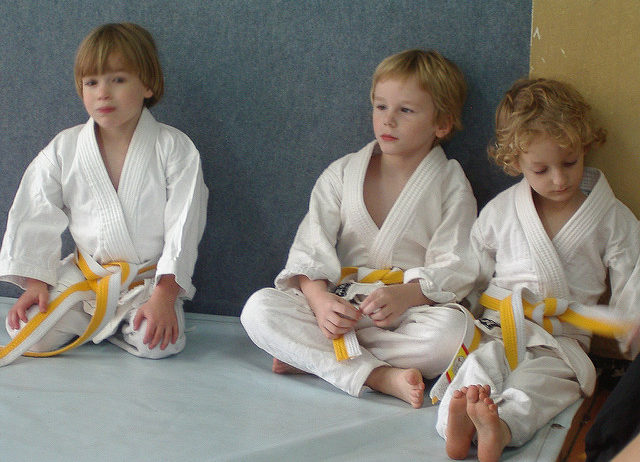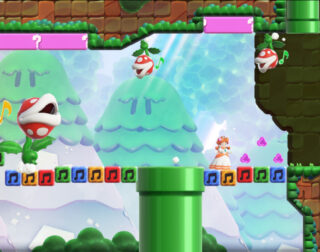The vast majority of kids with ADHD are active learners who want to do well academically. However, the behavior of some of these kids is so disruptive that they require intensive ADHD classroom management.
Identification of specific problematic behaviors and creation of a set of clear expectations are crucial for these kids. The use of methods to reward appropriate behavior is key for ADHD classroom management. Nonetheless, clear behavioral consequences are required at times, and teachers’ ADHD classroom management skills may be inadequate for the task. Fortunately, most schools have specialists in behavior management, school psychologists, and other professionals who can assist classroom teachers with the most difficult students.
Teachers also sometimes need very close coordination with parents in order to implement effective ADHD classroom management. Parents must be involved so they can reward appropriate behavior at home and allow the consequences for acting-out behavior to occur at school.
Here are some helpful ADHD classroom management strategies:
Utilize electronic communication between school and family. Many children with ADHD have significant difficulty keeping track of homework and long-term assignments. Teachers of children with attention issues should use the school website or a school-home communication package such as School Notes or to correspond directly with children’s parents via email. Post classroom information such as homework, schedules, and long-term assignments so that classroom parents can access this without additional effort on the part of the teacher.
Position seating so that peer interactions enhance children’s learning experience. Youngsters who face challenges of impulsivity and/or hyperactivity often do best when paired with classmates who tend to have a more thoughtful approach, thus serving as appropriate role models. Encourage peer tutoring and cooperative learning in the classroom. Assign special responsibilities to children in the presence of others so that they can observe them in a positive light.
Be aware of social difficulties due to impulsively in the classroom. Help children to reduce the number of inappropriate things they might say to their peers by intervening early in social difficulties. Involvement in social skills groups, guided observations of peer interactions, and limits on the amount of time in unstructured activities can also be useful.
Allow activity and movement through manipulatives. Materials such as a stress ball, clay, or a soft object can provide an outlet for excess energy to help with focus. Some children benefit from doodling or playing with a soft “fiddle” object during a lecture. Others receive sensory input from a “porcupine”-looking rubber cushion on the seat to let them wiggle in their seat as opposed to getting up out of the chair. Exercise bands and balls, foot rests, and bean bag chairs can also be helpful in increasing attention span. Some youngsters can also benefit from listening to music as they study.
Minimize abrupt transitions and schedule changes. Students can benefit from a predictable weekly and daily routine that offers creative and diverse content within that structure. This may be particularly helpful for youngsters with ADHD who struggle to shift attention, as once they finally get started on a task they may be reluctant to change to something else. Offer time checks beginning half an hour prior to an anticipated transition or change to help children withdraw attention from the task at hand and shift into different expectations.
Featured image: Flickr user ella






Thank You so much Dr. Randy Kulman!! I truly appreciate all of the love
Thanksso much for the post.Really thank you! Great.